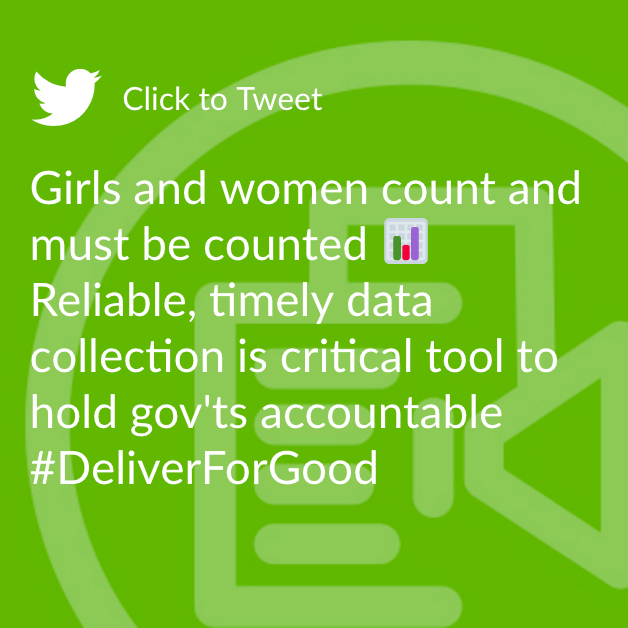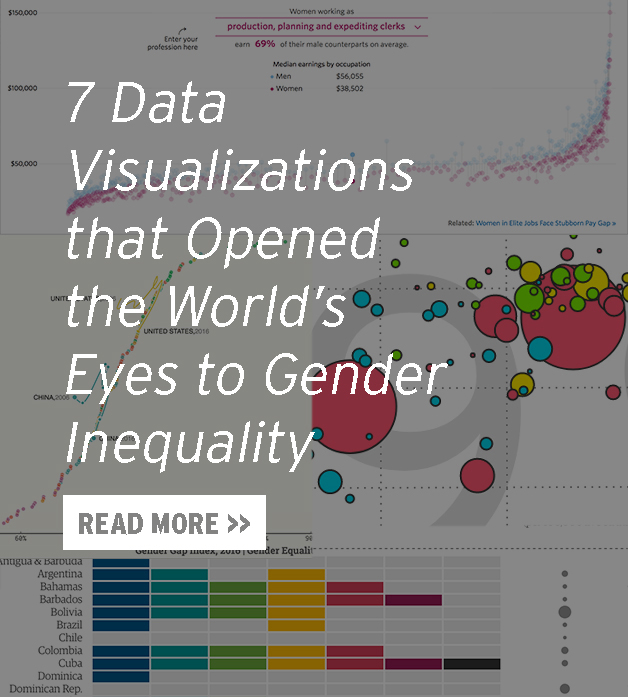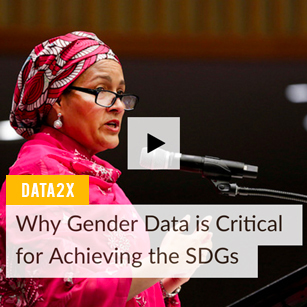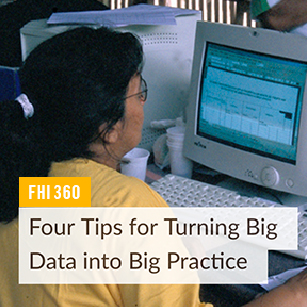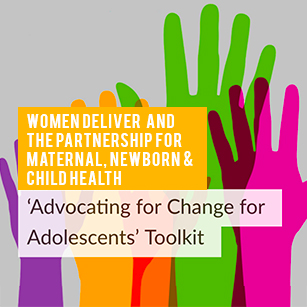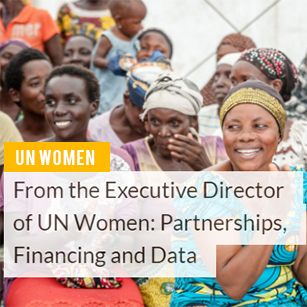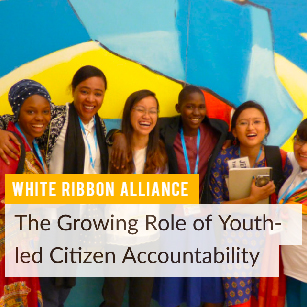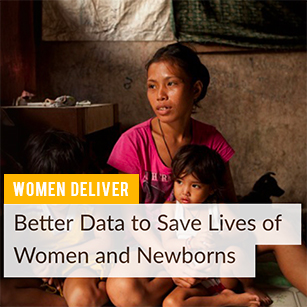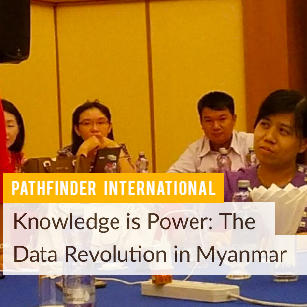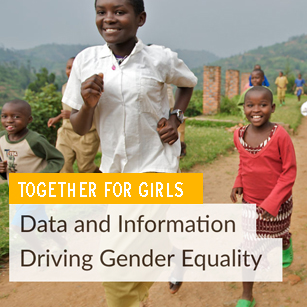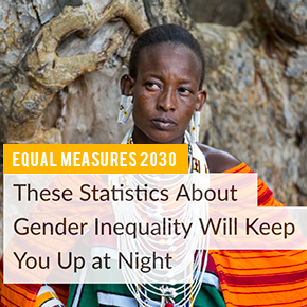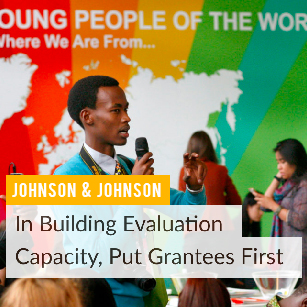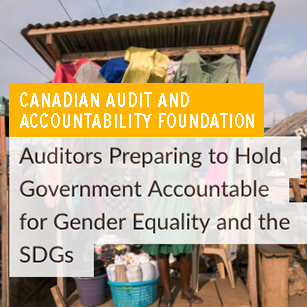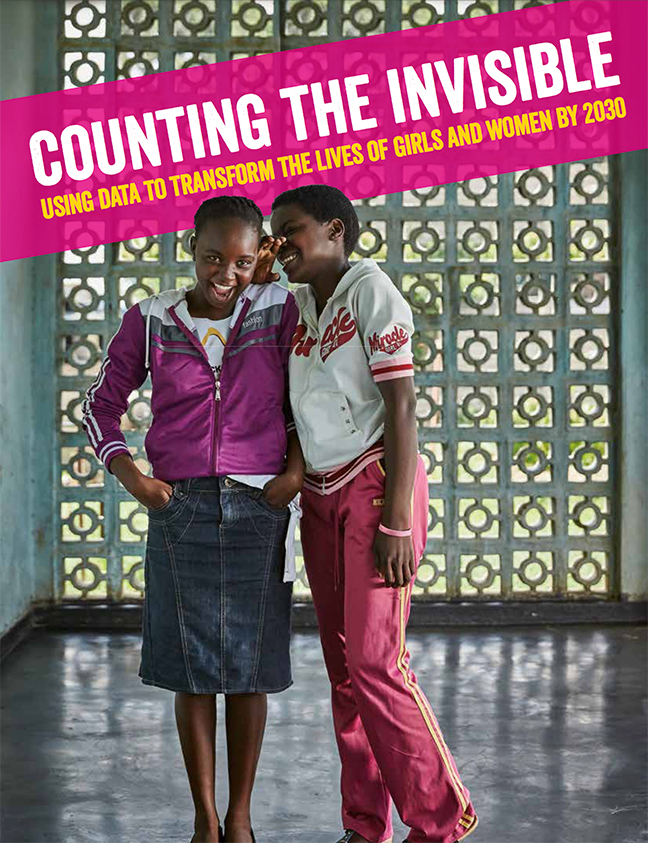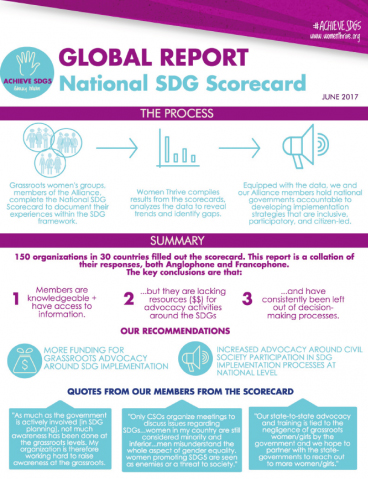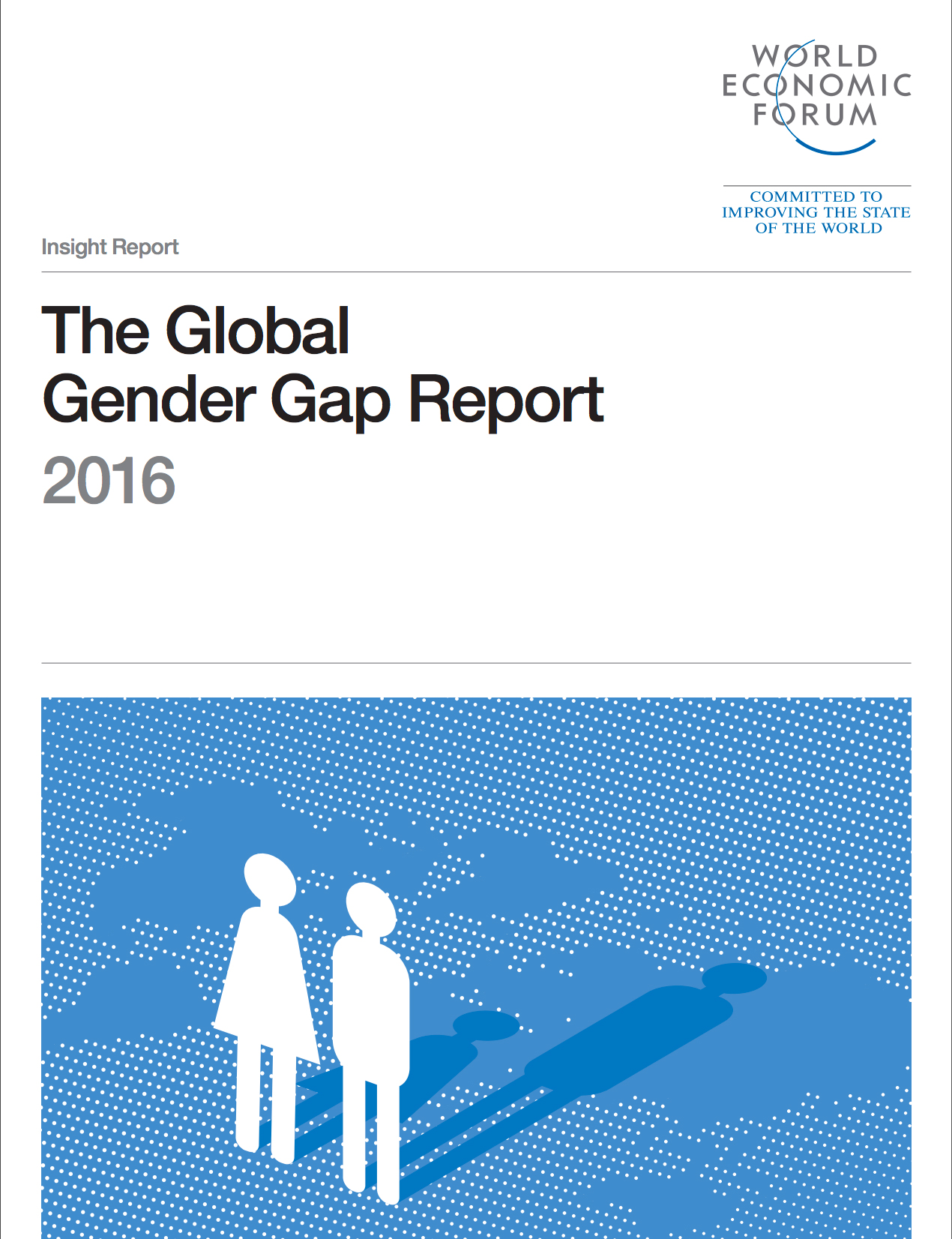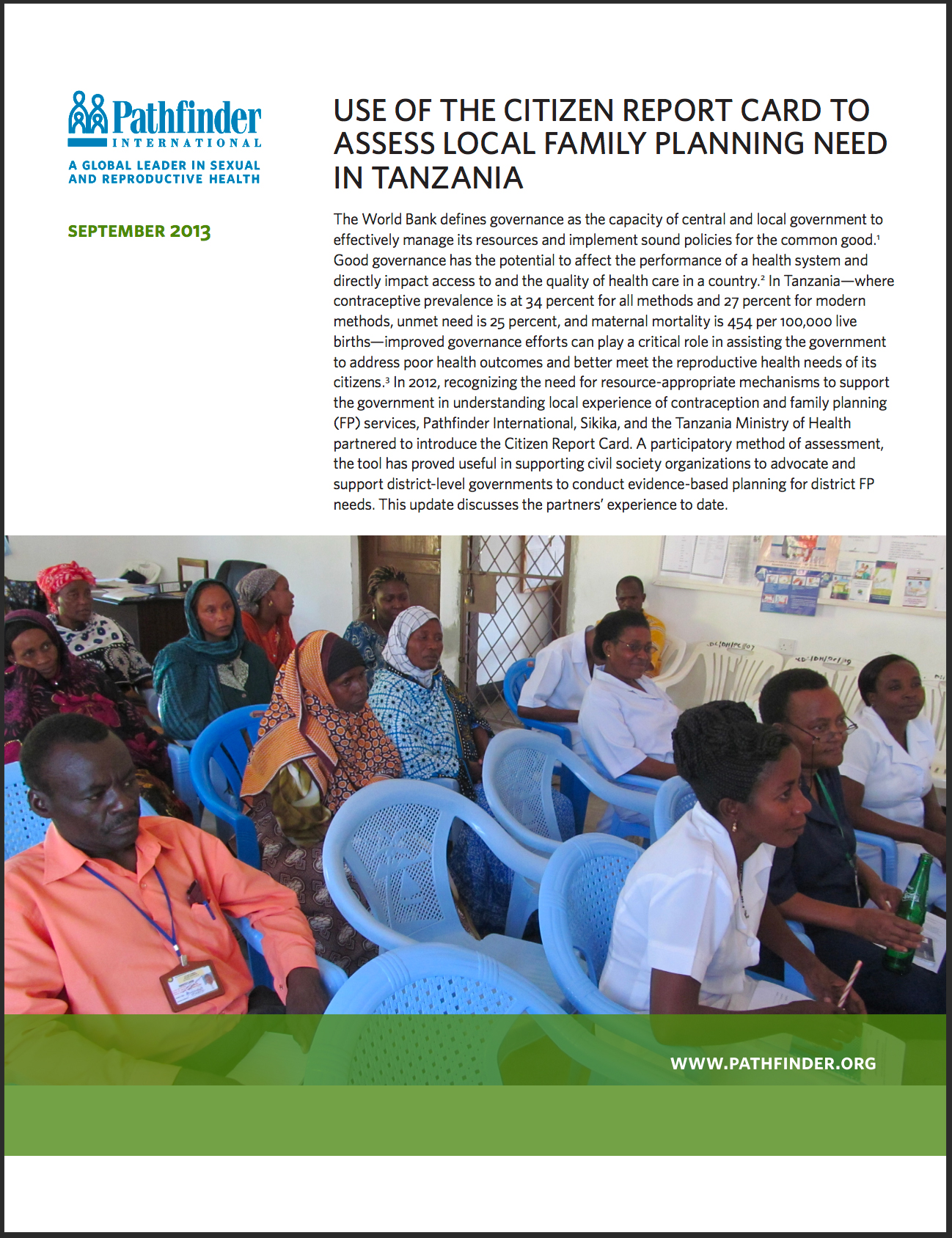“My interest is not data, it's the world… and part of world development you can see in numbers. The idea is to go from numbers to information to understanding.”
– Hans Rosling
Women Deliver’s late friend, the brilliant data wiz and edutainer, Hans Rosling of Gapminder, spoke a sad truth. The information we have today doesn’t paint the full picture of girls and women’s lives, and it certainly isn’t enough to move the hearts and minds of influencers and decision-makers.
The latest figures show that 38.6% of female homicides are perpetrated by an intimate partner, yet only 41% of countries regularly produce violence against women data, 15% of countries have legislation that mandates specialized gender-based surveys, and just 13% dedicate a budget to gender statistics. How are we expected to tackle a problem if we don’t know the extent of that problem?
To improve policies and programs, we urgently need more data disaggregated by gender and by age. Just as urgent is our need for engaged individuals who are relentless in their advocacy, to keep countries accountable to the commitments they’ve made.
Fortunately, we’re on the right path. There is more funding for data projects than ever before, partners are sharing advice on how to use the data we do have, initiatives like Equal Measures 2030, Data2x, and Making Every Woman and Girl Count are bringing gender-specific evidence to light, and Citizen Report Cards and Citizen Hearings are keeping feet to the fire.
With good data and accountability, we can push for political change and solve complex societal problems. Women count. It’s time to count them and count them in.
Solutions in Action: Improve Data and Accountability for Girls and Women
Partner Resources
The Plan International's 'Counting the Invisible' report revealed how improving the information we have about girls could have a massive impact on the quest for gender equality by 2030 as set by the Global Goals.
This scorecard from Women Thrive Alliance specifically collects data on three dimensions of civil society engagement: 1 Knowledge and access to resources; 2 Participation and partnerships; and 3 Safety.
The Global Gender Gap Report from the World Economic Forum quantifies the magnitude of gender-based disparities and tracks their progress over time.
